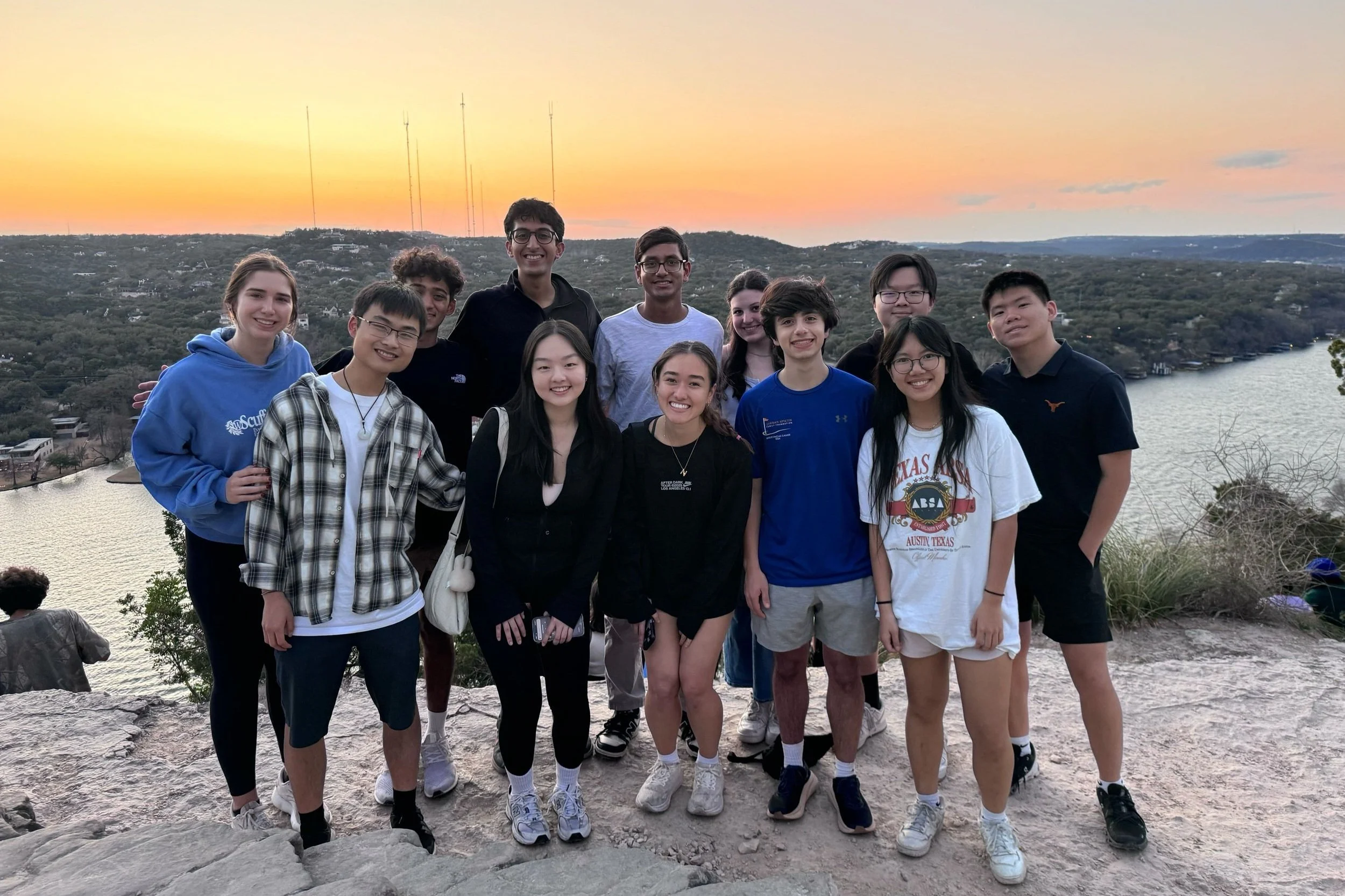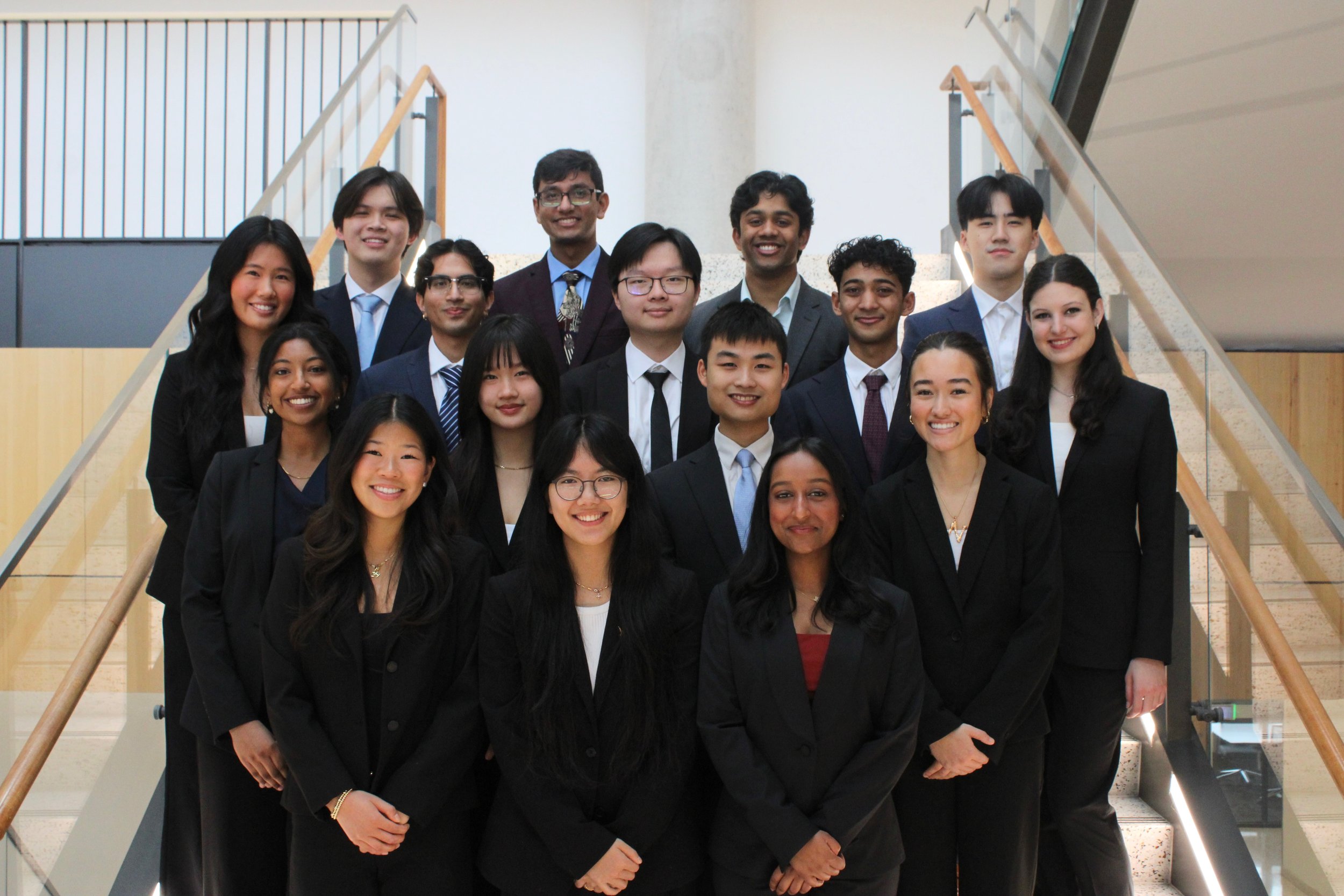March 2025 Update
Hope everyone is enjoying the warmer Spring weather.
Status on the 2024-2025 Giving Cycle
Last week, the Giving Committee made our determinations on the high-level projects on which the Philanthropy Investment Team will conduct extended diligence over the next several months. Of the 14 mid-level projects completed this cycle, 5 charities join our prior grantees as candidates for donations. See below for brief descriptions of each:
Breakthrough | Recidivism – Colorado-based with <$1M of annual revenues; in- and post-prison employment readiness programming with ~5% recidivism rates and >90% post-incarceration employment rates
Common Ground Relief | Climate Change – Louisiana-based with ~$250K of annual revenues; coastline restoration with a focus on planting wetland native plants, which serve as effective carbon sinks and protect communities by preventing coastal erosion
Massachusetts Oyster Project | Climate Change – Massachusetts-based with ~$150K of annual revenues; oyster restoration to enhance water quality, boost biodiversity, and mitigate pollution
Note that we investigated Billion Oyster Project last year, which is New York-based with ~$8M in annual revenues. We ultimately decided that the USIT Foundation would have low additionality given BOP’s scaled operations. However, we continue to like the upweller model and ocean restoration sub-vertical, and we believe that giving to the Massachusetts Oyster Project may be catalytic at this earlier stage
Providence House | Economic Mobility – Ohio-based with $4.5M of annual revenues; operates a crisis shelter, with inpatient childcare and parental case management, to combat youth entry into foster care while also promoting family reunification
Home Again LA | Economic Mobility – California-based with ~$2M of annual revenues; rapid rehousing and rental assistance program in Los Angeles with a 99%+ success rate in placing 500 families into permanent housing while preventing homelessness
Each Spring, our team also checks in on the charities to which the USIT Foundation has made large donations in the past. We go through a “portfolio review” process to track KPIs from the prior fiscal year and incorporate management commentary on the latest direction of each organization. These charities will be evaluated on the same basis as any new charities in high level diligence and are eligible for repeat donations.
This year, we are conducting portfolio reviews on Rehabilitation Enables Dreams (recidivism), Prison Entrepreneurship Project (recidivism), Televerde (recidivism), Well Done Foundation (environment), Puget Sound Restoration Fund (environment), and Association of Community Employment Programs (homelessness).
If you have interest in engaging on the research for any of these projects, we would welcome your input – please reach out!
Giving Committee Member Reflections
Ariel Johnson graduated from UT Austin in 2022 and has served on the Giving Committee for the past three years. She was part of the Philanthropy Investment Team’s inaugural student cohort in 2021. Ariel has conducted criminal justice research at the Niskanen Center and assisted with the construction of the SOBER and VICTIM Acts. In her free time, she likes to learn new languages and read fantasy books.
***
One of my favorite things about working with the USIT Foundation is that I regularly feel inspired. We get to try and help people for the sake of helping people. We meet management teams who are working on truly innovative and efficient solutions to social problems that most people have never considered. Our students are passionate about the work that they produce, and they care about each other.
We have recently dedicated ourselves to understanding U.S. homelessness. Homelessness has been an intractable problem for North America at large, with 770,000 individuals having lived without shelter in 2024. Our visible homeless population (e.g., unsheltered and chronic homelessness within core tourist centers) is much more concentrated, which imposes an outsized social cost. It is well documented that homelessness and vacancy rates are negatively correlated and that the U.S. broadly needs to build more housing to mechanically lower its homeless population. The status quo since before I was born has indeed been a “Housing First” policy. While evidence-backed, we have not seen an improvement in the state of homelessness in America over the last 25 years. With social services currently at a deadlock in many cases (e.g., Hawaii has only rebuilt 3 homes 18 months after the 2023 wildfires, leading to homelessness rates increasing by 80%), I am excited to see how the interventions we fund as the USIT Foundation can help at the margins and transform lives.
Half of all foster kids become homeless when they turn 18 and age out of the foster system. Individuals who are homeless uniquely lack social ties and have perennially low income in the decade before and after being homeless (~$10K annual income). In our economic mobility vertical this year, we are working with charities that fundamentally target these variables. When individuals are given a second chance, being reconnected with services and their community, they can avoid a horrible life experience and our broader society can avoid the myriad negative externalities of homelessness. On a personal level, family members of mine have been evicted and homeless, and they’ve bounced back with support. We can do that on a larger scale.
My day job is about beating benchmarks to outperform the market. I believe that the charity landscape in the U.S. is an incredibly inefficient market, which we as the USIT Foundation can easily beat. The payoff is that we get to help the least of these.
***
You can find more information about the team and work product at the USIT Foundation website. As always, feel free to contact us with suggestions or questions.
Best,
Angela Yang | Chairperson of the 2024-2025 Giving Committee


